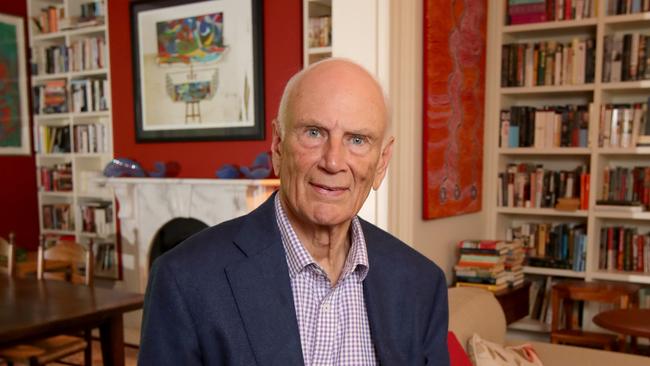Digital platforms response delayed
Despite being handed the report in July, cabinet is yet to discuss the still unfinished response.

The Morrison government is gearing up to delay its long-awaited response to the Australian Competition & Consumer Commission digital platforms inquiry until next year, with cabinet yet to discuss the still unfinished response to the landmark report.
Despite being handed the report in July, The Australian understands cabinet has not considered the final response, which is being managed by Treasurer Josh Frydenberg, Communications Minister Paul Fletcher and Attorney-General Christian Porter.
With one more parliamentary sitting week in the year and cabinet yet to discuss the response, the three ministers’ officers are quietly preparing to delay the reply until next year despite promising a response by Christmas.
It is understood the co-ordinated final response is also yet to be completed following a 12-week consultation process between media companies and the digital giants Google and Facebook.
Mr Fletcher’s office redirected questioning on the report to Treasurer Josh Frydenberg who did not commit to meeting the end-of-year deadline set by the government when the ACCC released the document in July. “The government released the ACCC’s Digital Platforms report for consultation on 1 August 2019,” Mr Frydenberg told The Australian.
“The consultation process ended in late October and since then the government has been working on finalising its response. Once finalised, the government will release its response, which will ensure that our regulatory framework is fit for purpose in the digital age.”
It comes as former long-serving communications minister Richard Alston told The Australian the government needed a strong response to the report to stand up to tech titans who have been “decimating” journalism. “The government shares these concerns and needs to respond to the ACCC’s report into the FANGS and the way they are decimating other news providers,” Mr Alston said.
The Howard government veteran, who is releasing his memoirs, said the ACCC’s recommendation of a code of conduct was a viable way for media companies to claw back some revenue. “We may well need a code of conduct that stops people from just plagiarising other news, so I’m happy to endorse that approach, but I’m not at all confident that we’ll get there any time soon,” he said.
Mr Alston said the rise of the tech titans and the decline of revenue for quality journalism was a global threat to reliability of information and freedom of speech.
“The most likely result is that you’ll find the good journalists being able to blog and charge for the offerings. But 95 per cent of the population will rely on social media. You’ll get a huge divide between the informed and the uninformed.”



To join the conversation, please log in. Don't have an account? Register
Join the conversation, you are commenting as Logout